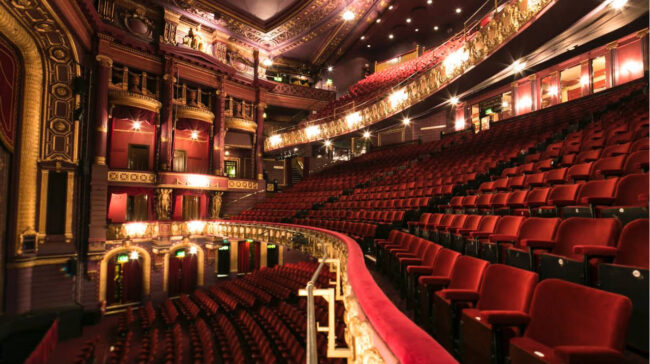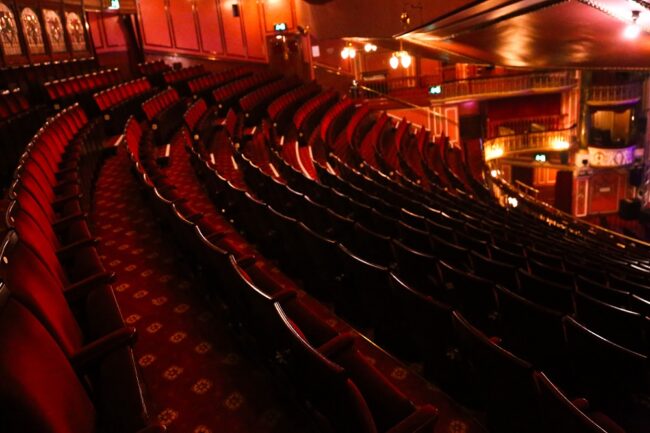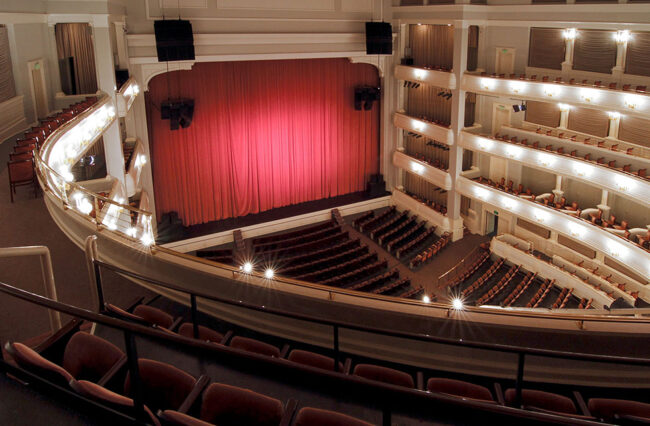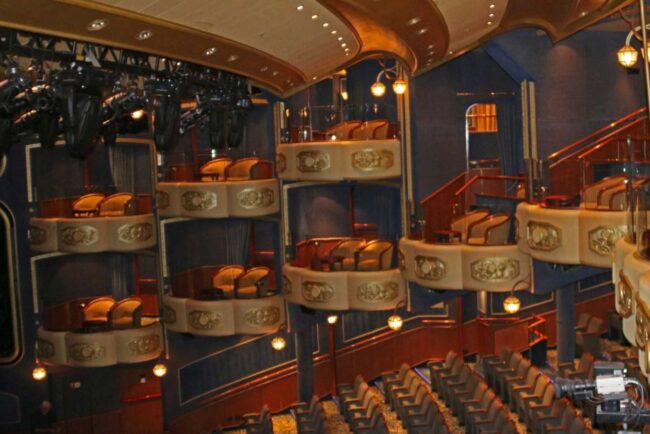A trip to the theater can be a truly magical experience, one that leaves you smiling for the next week. So, whether you’re planning a birthday, date night, or you just need a good old sing-along, you might already be planning your next trip.
But in order to get the most from the experience, there are several things you need to consider. You must decide what to see, when to go and then finally, where to sit.
Choosing the right seats is crucial for the best viewing, so you don’t want to get this wrong!
To help you out, we’ve put together this guide to choosing the best seats in the house, so you can have an unforgettable trip to the theater. Visit seatplan.com to find out more.
Important initial considerations
In order to choose the best seats, there are certain things you need to consider first. These will help you to select the seats that will offer you the best experience, so be sure to think about the following:
- Where you wish to be in the crowd – for example, do you like being upfront?
- If you want to beat the queue to the bar
- If you need/want quick access to the toilet
- If you have any accessibility issues that might impact your seats
- If you need/want extra legroom
- How much you’re prepared to pay
So, before settling on seats, you need to think about each of these aspects individually. This will help you make the right decision.
The types of seating available
As you may be aware, there are lots of different types of seating available, which is part of the reason making this decision is so hard. So, to help you decide where to sit, we’ve put together an explanation of each of the different areas in the theatre:
Stalls seats

The stalls refer to the ground level of the theatre. Often, stall seats are regarded as some of the best seats available as they are close to the stage. Particularly if you sit in the first few rows, where you’ll be so close, you’ll feel like you’re part of the action.
Of course, these are not regarded to be the best seats if you want to avoid making eye contact with the performers and possibly even engaging with them during audience participation. If you get stall seats near the back, these can often be more budget-friendly, so this is the best place to bag bargain.
Dress circle seats

The dress circle, sometimes referred to as the royal circle, is the second level of seating in the theatre. Dress circle seating can be a great option if you want to see everything that’s happening but on a slightly higher level. If you get to the front, you can still feel like you’re immersed in the action, but you’ll have a more Birdseye view of what is going on.
Just be aware that sometimes the dress circle has an overhang which can obscure the view for those in the back row. So if you’re looking for the best seats in the house at a higher level, it’s best to opt for the front few rows of the dress circle.
Upper circle seats

The upper circle, sometimes referred to as the grand circle, is the third level of seating. The seats tend to be quite high, which means it can be harder to see smaller details, such as the facial expressions of the actors or smaller props.
The upper circle is not advised if you suffer from vertigo, as this can often be quite high up. That said, these can also be some of the cheaper tickets if you’re on a budget and let’s face it, any performer worth their salt will ensure you still get a great performance even up there.
Gallery seats

The gallery tends to be the highest seating around, and there is often reduced seating in these areas. There are only a few theatres that have gallery seating; these tend to be the larger ones. These may not be the best tickets, so you might wish to only opt for the gallery if these are the only seats left and you are desperate to attend, or if you’re on a budget.
Box seats

Do you want a bit more privacy and to stick with your group? Then box seats could be the solution. These are their own little space in the auditorium, and can help you to avoid sitting in a line, meaning you can interact better with your party. This is often the more expensive seating option, but it’s definitely worth it if you don’t want anyone around you interfering with the performance.
Standing tickets

Finally, we have standing tickets. Obviously, these are not seats, but they can offer a unique experience. For example, Shakespeare’s Globe allows guests to stand and watch a play just like they would’ve done centuries ago. Just don’t commit to a standing ticket if you know you’re not going to make it to the end of the performance.
Theatre seating variations
Of course, every theatre will differ, and therefore this is a very general overview of the most common seats that are available. If you’ve got an idea of which seats would be best for you based on this, it’s a good idea to visit the theatre seating plan, where you’ll be able to see their specific sections. If the layout is a little different, choose the seats that meet most of your requirements and are the closest match.
Don’t choose an obstructed view
Theatres are incredibly beautiful pieces of architecture, but with such huge, high ceilings, they often feature large supporting pillars. If you get stuck behind a pillar, your view isn’t going to be great, and you could miss out on half the show. That or give yourself an injury by craning your neck. There might also be other reasons why your view is obstructed.
The good news is most theatres will mark these seats as ‘restricted view’ when you’re booking. These seats are often cheaper, but there is a reason for that. For the best experience, always look out for any seats that might have a bad view and try to avoid these if you can.
Use the seating plan
Finally, we’ve talked a lot about the different seats and which are potentially best depending on where you want to sit – but how do you choose the right seats? Well, the interactive theatre seating plan helps you to decide where to sit. When booking online, you’ll be able to see which seats are available and select those you’d like to reserve.
If you’re buying tickets in person from the box office, speak with the assistant and outline any of your specific requirements. They’ll be able to tell you what’s available and help you find the seats that best match your needs.
